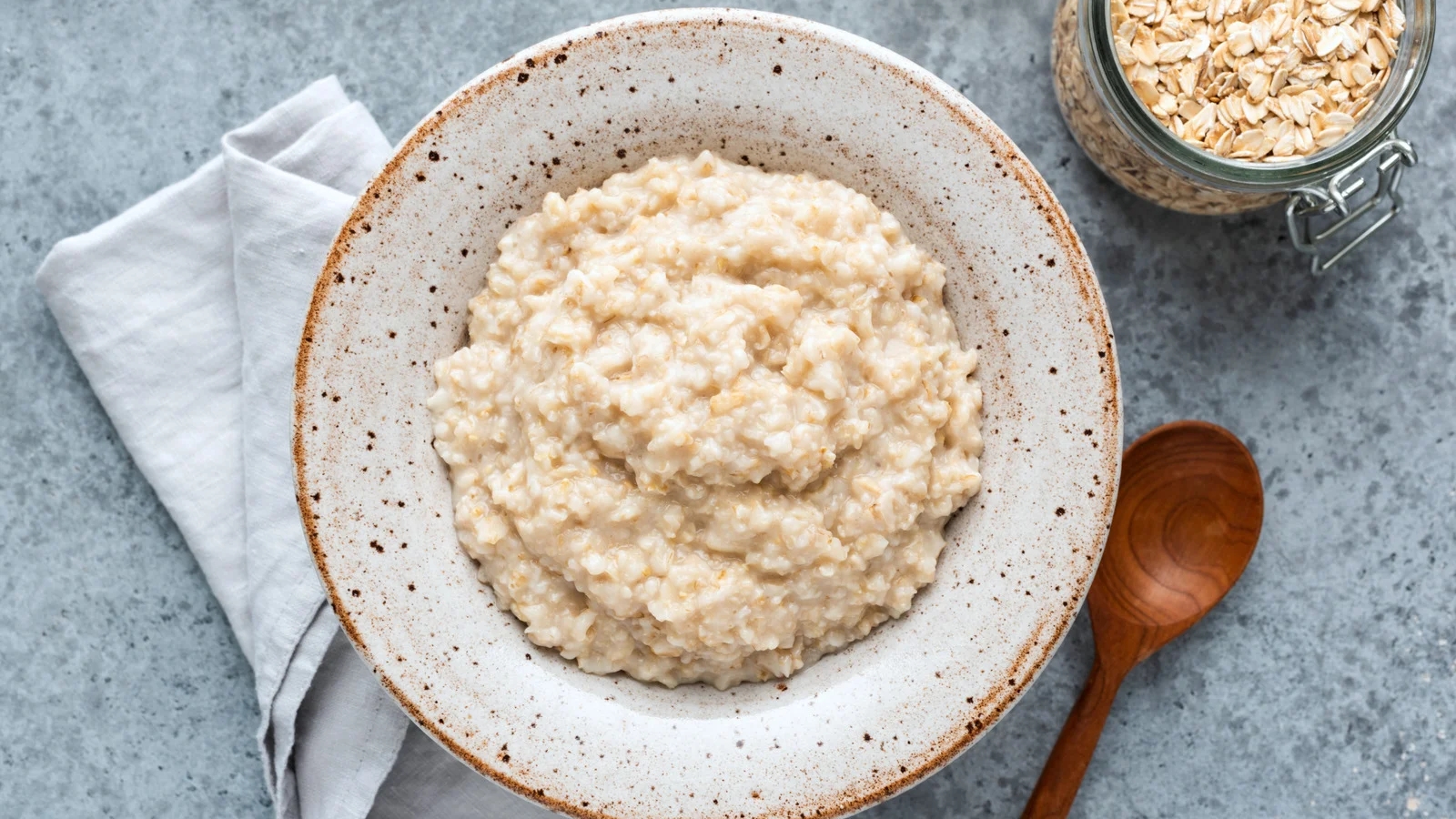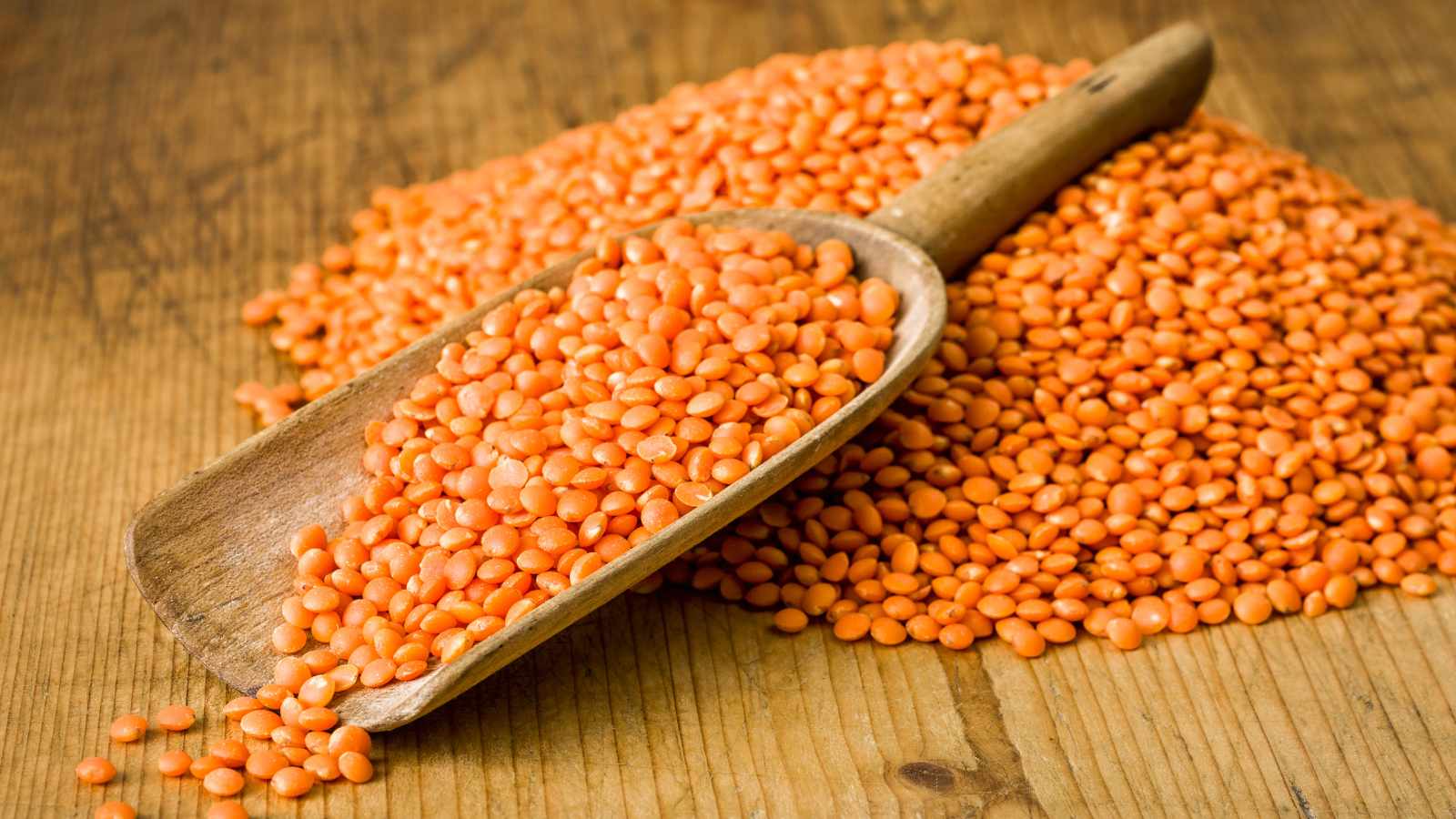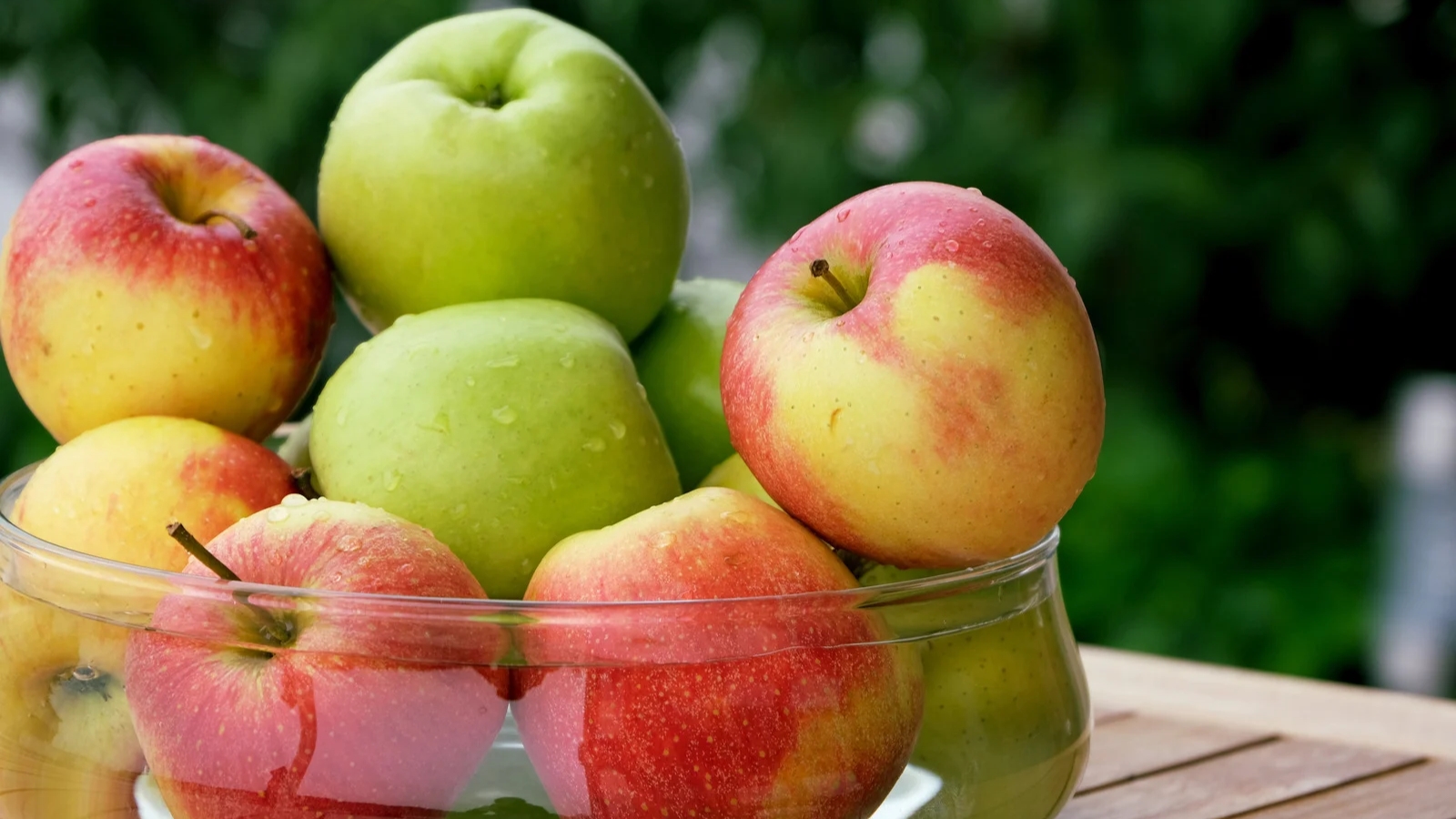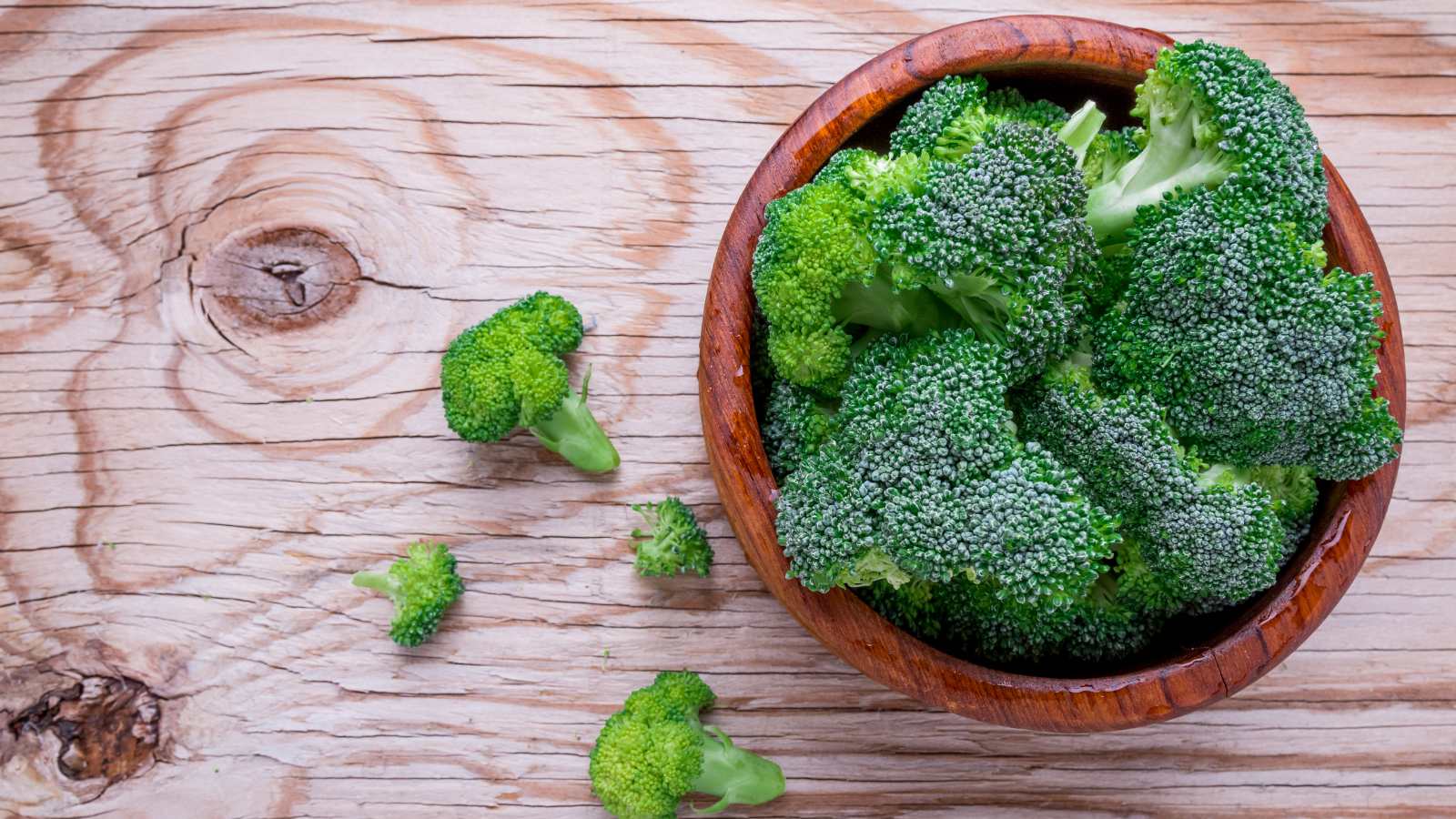Your gut health plays a significant role in how you feel each day. It affects digestion, mood, immunity, and even your energy levels. One of the simplest and most effective ways to support a healthy gut is by eating more fiber. Fiber feeds the good bacteria in your intestines, promotes regular bowel movements, and helps your body absorb nutrients more efficiently.
A diet rich in high-fiber foods keeps your digestive system balanced and running smoothly. It also helps reduce bloating, prevent constipation, and lower the risk of digestive disorders. The key is consistency—eating fiber-rich foods every day ensures your gut stays strong and your body functions at its best.
Here are eight high-fiber foods you should include in your daily diet to support better gut health and overall well-being.
1. Oats
Oats are a staple source of soluble fiber, especially beta-glucan, which helps regulate digestion and promotes healthy gut bacteria. Eating oats regularly can improve bowel consistency and reduce cholesterol. A bowl of oatmeal or overnight oats in the morning is an easy way to start your day with gut-friendly fiber.
One cup of cooked oats provides about 4 grams of fiber. The soluble fiber forms a gel-like substance in your gut, softening stool and promoting regularity. Oats also help balance blood sugar and support sustained energy throughout the day.
Ways to include oats in your routine:
- Prepare classic oatmeal topped with fruit.
- Use oats in smoothies for extra texture.
- Add oats to baked goods for a fiber boost.
2. Lentils
Lentils are one of the richest plant-based sources of fiber. A single cup of cooked lentils delivers around 15–16 grams of fiber, both soluble and insoluble, which keeps your digestive system healthy. Soluble fiber feeds beneficial gut bacteria, while insoluble fiber helps move waste through the intestines.
Eating lentils regularly supports digestion and reduces constipation. They’re also packed with protein, iron, and folate, making them a complete addition to your meals.
Easy ways to eat lentils daily:
- Add them to soups or stews.
- Toss them into salads for a hearty texture.
- Use them as a base for bowls or wraps.
3. Apples
Apples are one of the most convenient and affordable fiber-rich fruits. A medium apple contains about 4 grams of fiber, most of it found in the skin. The type of fiber in apples, pectin, acts as a prebiotic—feeding good bacteria in your gut and supporting digestion.
Eating apples regularly can reduce bloating and improve bowel health. Their natural sweetness also makes them a perfect alternative to processed snacks.
Ways to eat apples:
- Enjoy them whole as a quick snack.
- Slice and pair with nut butter.
- Add apple chunks to oatmeal or salads.
4. Broccoli
Broccoli is not only high in fiber but also rich in antioxidants and compounds that support gut lining health. One cup of cooked broccoli provides about 5 grams of fiber, along with vitamins C and K.
Its fiber content encourages regular bowel movements and promotes a balanced gut microbiome. Eating broccoli daily helps reduce inflammation in the digestive tract and supports smooth digestion.
Ways to include broccoli in your meals:
- Steam or roast it as a side dish.
- Add it to stir-fries or pasta.
- Blend it into soups for added fiber.
5. Chia Seeds
Chia seeds are tiny but incredibly powerful when it comes to fiber. Just two tablespoons contain about 10 grams—nearly half your daily recommended intake. When soaked, chia seeds absorb liquid and expand, forming a gel that supports healthy digestion and regularity.
Their soluble fiber acts as a prebiotic, feeding beneficial bacteria in your gut. Chia seeds also slow digestion, stabilize blood sugar, and keep you feeling full longer.
Ways to add chia seeds to your diet:
- Sprinkle them on yogurt or oatmeal.
- Mix into smoothies.
- Make chia pudding with plant-based milk.
6. Avocados
Avocados are a surprising source of fiber, providing around 10 grams per medium fruit. They contain both soluble and insoluble fiber, which work together to support gut health. Soluble fiber nourishes good bacteria, while insoluble fiber helps maintain bowel regularity.
The healthy fats in avocados also support nutrient absorption and reduce inflammation in the digestive system. Including avocado in your meals keeps your gut and metabolism balanced.
Simple ways to eat more avocado:
- Spread it on whole-grain toast.
- Add to salads or wraps.
- Blend into smoothies for a creamy texture.
7. Sweet Potatoes
Sweet potatoes are packed with fiber and antioxidants that promote a healthy digestive system. One medium sweet potato contains around 4 grams of fiber, most of it in the skin. The combination of soluble and insoluble fiber supports smooth digestion and helps maintain healthy gut bacteria.
Their natural sweetness and slow-digesting carbohydrates make them an excellent option for steady energy and better digestion. Sweet potatoes also provide vitamin A, which supports the gut lining.
Ways to eat sweet potatoes:
- Roast them as a side dish.
- Mash them with olive oil.
- Add to salads or bowls for a fiber boost.
8. Pears
Pears are another fruit high in soluble fiber, particularly pectin, which helps maintain a balanced gut microbiome. A medium pear offers about 6 grams of fiber and plenty of water, which keeps digestion smooth and prevents constipation.
Eating pears regularly supports regular bowel movements and provides natural sweetness without added sugar. Their prebiotic properties help strengthen the good bacteria in your intestines.
Easy ways to include pears in your diet:
- Eat them raw with the skin.
- Slice and add to oatmeal or yogurt.
- Mix into salads for extra flavor.
Why Gut Health Depends On Fiber
Fiber is essential for maintaining a healthy digestive system. It adds bulk to your stool, helps food move through your intestines, and feeds the beneficial bacteria in your gut. These bacteria play a key role in nutrient absorption, immunity, and even mood regulation.
A diet low in fiber can lead to sluggish digestion, bloating, and poor nutrient absorption. Over time, it can also disrupt the balance of good and bad bacteria in your gut. Eating a variety of fiber-rich foods daily supports this balance, helping your body function efficiently and your energy remain stable.
Main benefits of eating more fiber include:
- Improved digestion and regularity.
- Reduced bloating and discomfort.
- Better nutrient absorption.
- Lower risk of heart disease and diabetes.
Simple Tips To Increase Fiber Intake
You can easily improve your gut health by adding fiber-rich foods to your meals every day.
Here are some simple strategies:
- Start your morning with oatmeal, chia pudding, or fruit.
- Add vegetables like broccoli or spinach to every meal.
- Snack on fruits with their skins, such as apples and pears.
- Choose whole-grain bread and pasta instead of refined versions.
- Include beans or lentils in salads, soups, or wraps.
Remember to drink enough water as you increase your fiber intake. Water helps fiber move through your digestive system efficiently and prevents constipation.
Conclusion
Eating high-fiber foods daily is one of the easiest and most natural ways to improve gut health. Foods like oats, lentils, apples, and chia seeds work together to support digestion, feed beneficial bacteria, and keep your gut balanced.
By making fiber a consistent part of your meals, you’ll experience better digestion, more energy, and long-term wellness. Start small by including one or two of these foods in every meal, and your gut will reward you with improved comfort and vitality.








